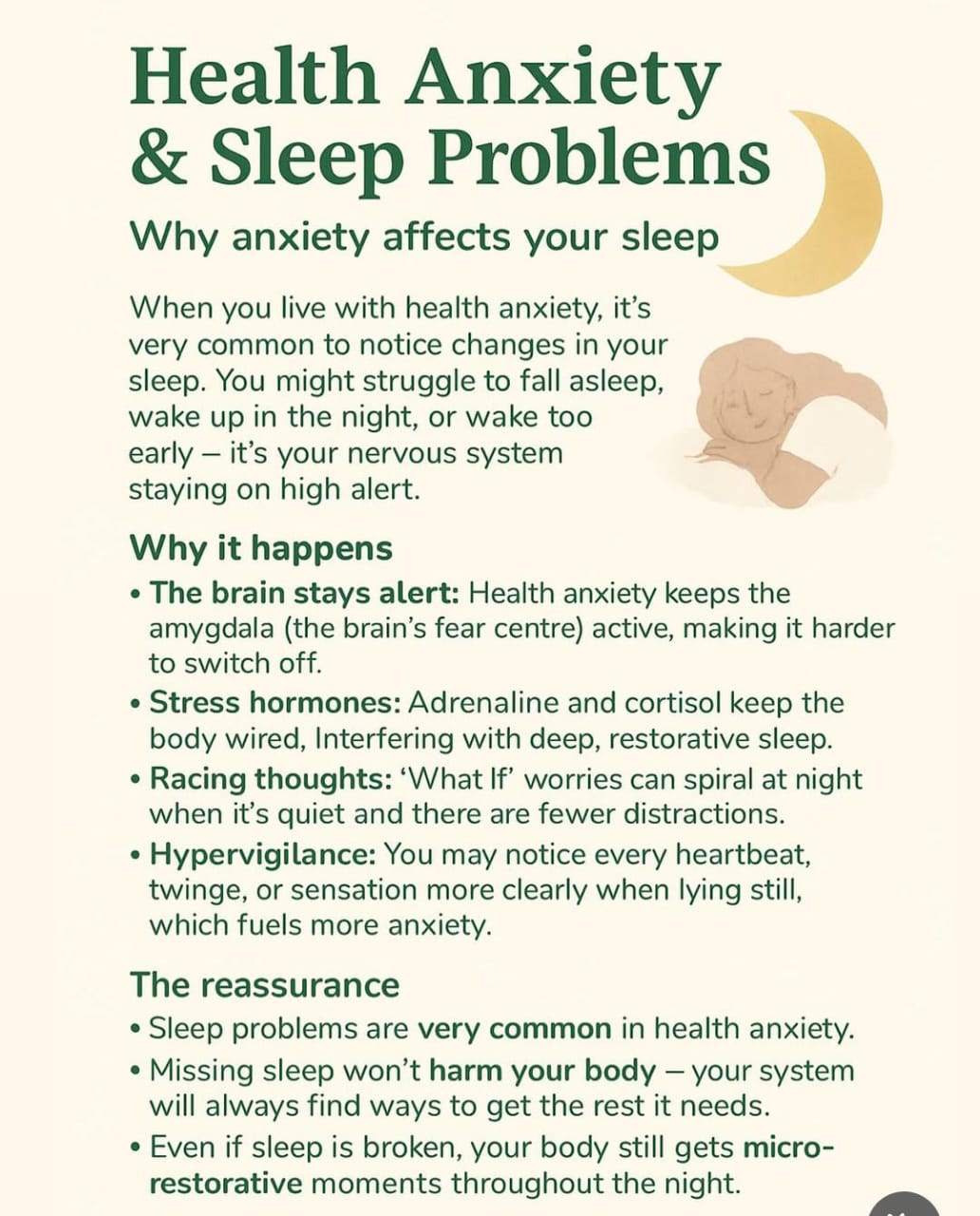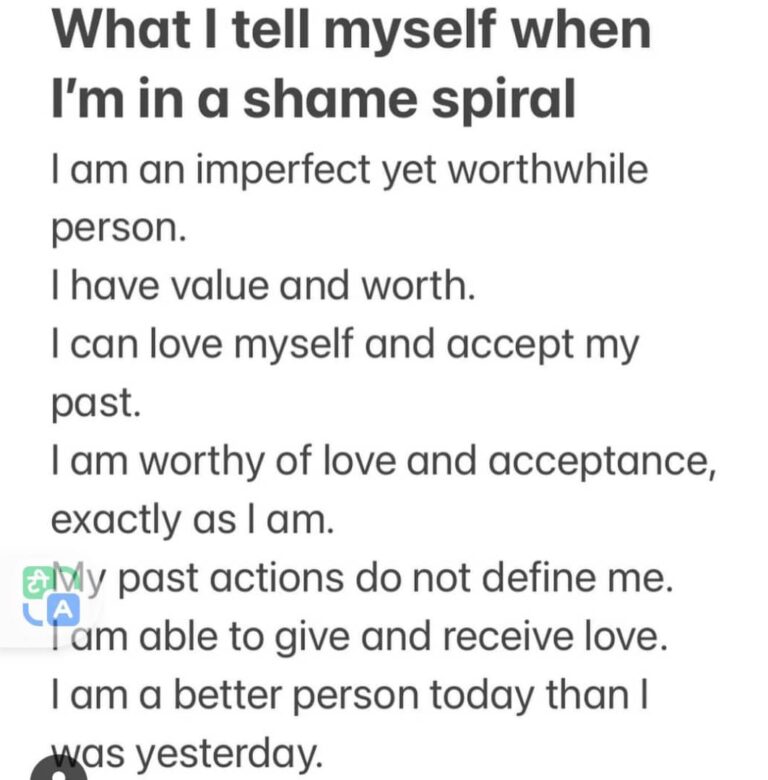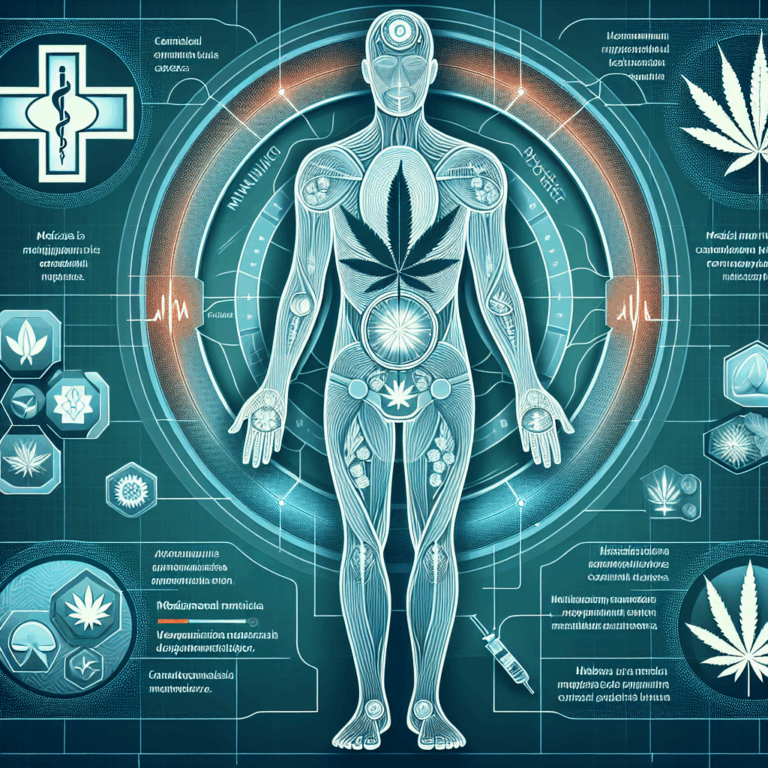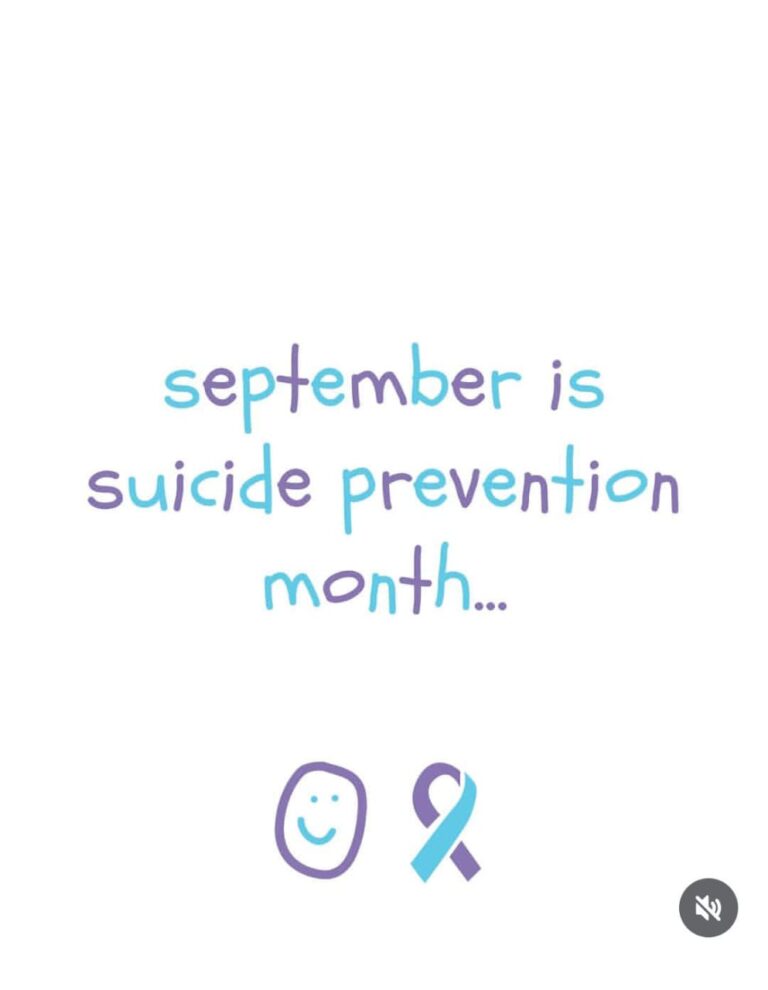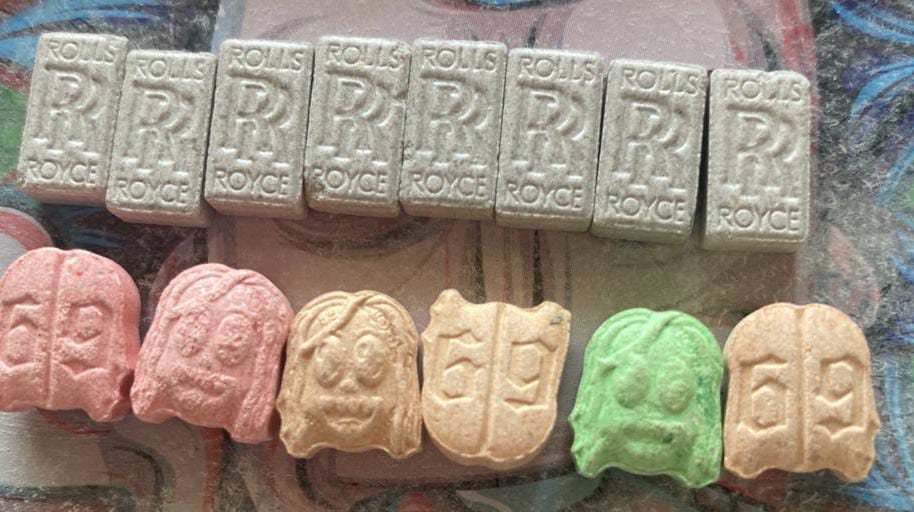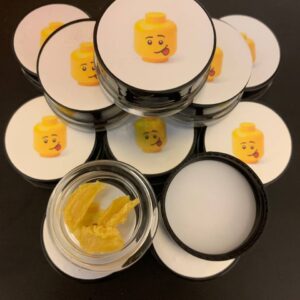Health Anxiety & Sleep Problems
Why anxiety affects your sleep
When you live with health anxiety, it’s very common to notice changes in your sleep. You might struggle to fall asleep, wake up in the night, or wake too early – it’s your nervous system staying on high alert.
Why it happens
The brain stays alert: Health anxiety keeps the amygdala (the brain’s fear centre) active, making it harder to switch off.
Stress hormones: Adrenaline and cortisol keep the body wired, Interfering with deep, restorative sleep.
Racing thoughts: ‘What If’ worries can spiral at night when it’s quiet and there are fewer distractions.
Hypervigilance: You may notice every heartbeat, twinge, or sensation more clearly when lying still, which fuels more anxiety.
The reassurance
Sleep problems are very common in health anxiety.
Missing sleep won’t harm your body – your system will always find ways to get the rest it needs.
Even if sleep is broken, your body still gets micro-restorative moments throughout the night.
Struggling with sleep doesn’t mean something is wrong with you.
When anxiety is high, it’s common to find yourself wide awake at night – mind racing, body restless, noticing everyyyyyy little sensation. This isn’t your body failing you. It’s your nervous system staying on alert, doing its best to protect you (even the absence of a real threat).
+The truth is:https://youtu.be/ArovQOERHRA?si=QiGpZC494dGq7y8-
Sleep problems are very common in anxiety.
Missing sleep from time to time due to anxiety won’t harm your body – it will always find ways to get the rest it needs eventually.
Your clarity and deeper rest return as your nervous system begins to calm.
You are not broken. Your body is resilient, and so is your mind.
Save this post as a gentle reminder for those nights when it feels like you’ll never drift off because restful sleep really does come back.

